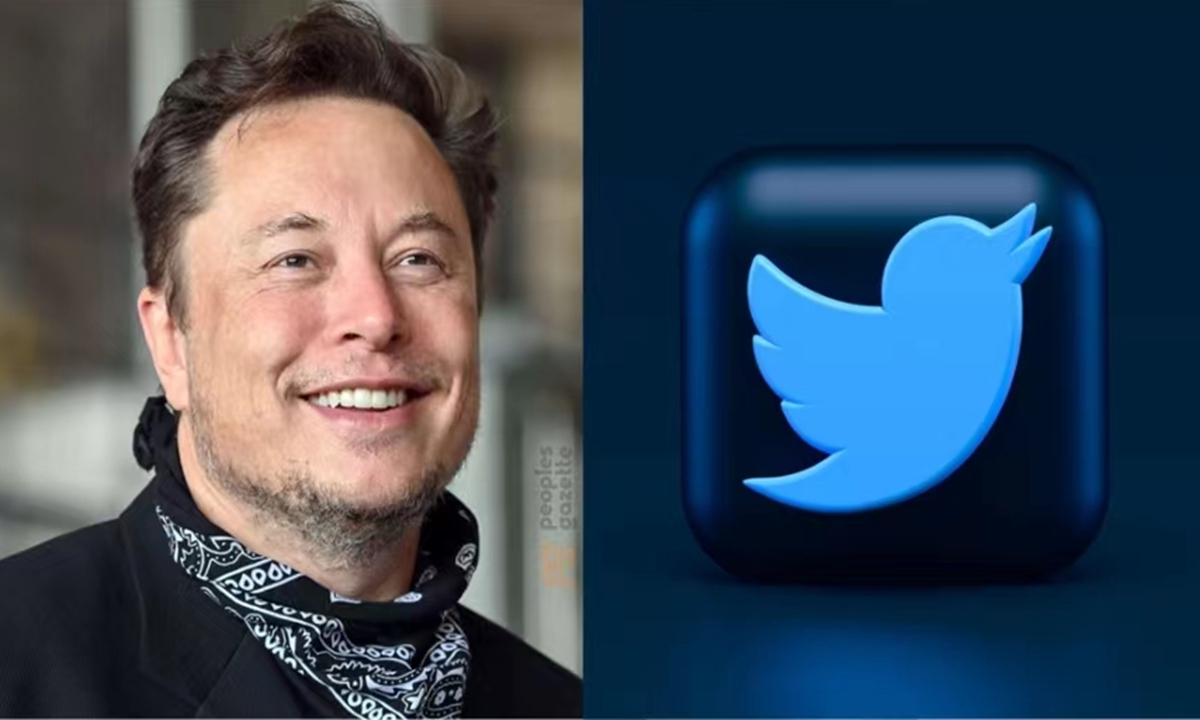Saying that these teachers are more susceptible to Covid-19 infections, they suggested that these teachers be given voluntary separation scheme or early retirement.
Previously, unvaccinated teachers could not teach face to face but had to be present in school for other duties.
Parent Action Group for Education Malaysia chairman Datin Noor Azimah Abdul Rahim said this would put students and other teachers at risk.
“The ministry could consider giving unvaccinated teachers voluntary separation scheme or alternatively, teachers who cite health reasons for not getting their vaccinations could opt to retire early.
“The profession requires teachers to be fit. There are many steps to climb, books to carry and long teaching hours, for example.
“So if teachers have cited health reasons for not getting their vaccinations, the ministry could consider these options,” she said.
With students spending two years studying online, Noor Azimah said they want to return to schools and parents must ensure their children are fit and are eating healthily.
Melaka Action Group for Parents in Education chairman Mak Chee Kin said unvaccinated teachers should not be allowed to teach face to face and action should be taken against them.
“These are teachers who did not follow the ministry’s directives, so backtracking on this ruling will set a precedent for the future.
“For teachers who were advised against being vaccinated due to health reasons by their doctors, (this is) fair but they should, at the very least, be transferred to remote schools where there aren’t many students around them as a safety precaution,” he said, adding that an alternative would be to transfer them to district education offices for administrative work.
Mak also said students have lost out a lot from online classes such as face-to-face interactions and participating in sports and co-curricular activities.
“It’s high time they went back to school like before while adhering to standard operating procedures,” he added.
Separately, the National Union of the Teaching Profession (NUTP) secretary-general Wang Heng Suan said the union welcomes the new ruling.
The NUTP, he said, had received feedback that vaccinated teachers are overburdened with their unvaccinated colleagues’ work as these teachers were not allowed to teach face to face before this.
“There were also cases of unvaccinated teachers being humiliated due to their vaccination status, which is unfair.
“So we welcome the minister’s announcement because we cannot stop teachers from teaching,” he said, adding that there are not many unvaccinated teachers in the country.











